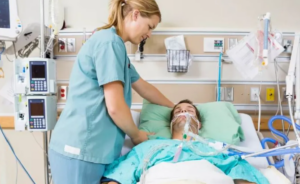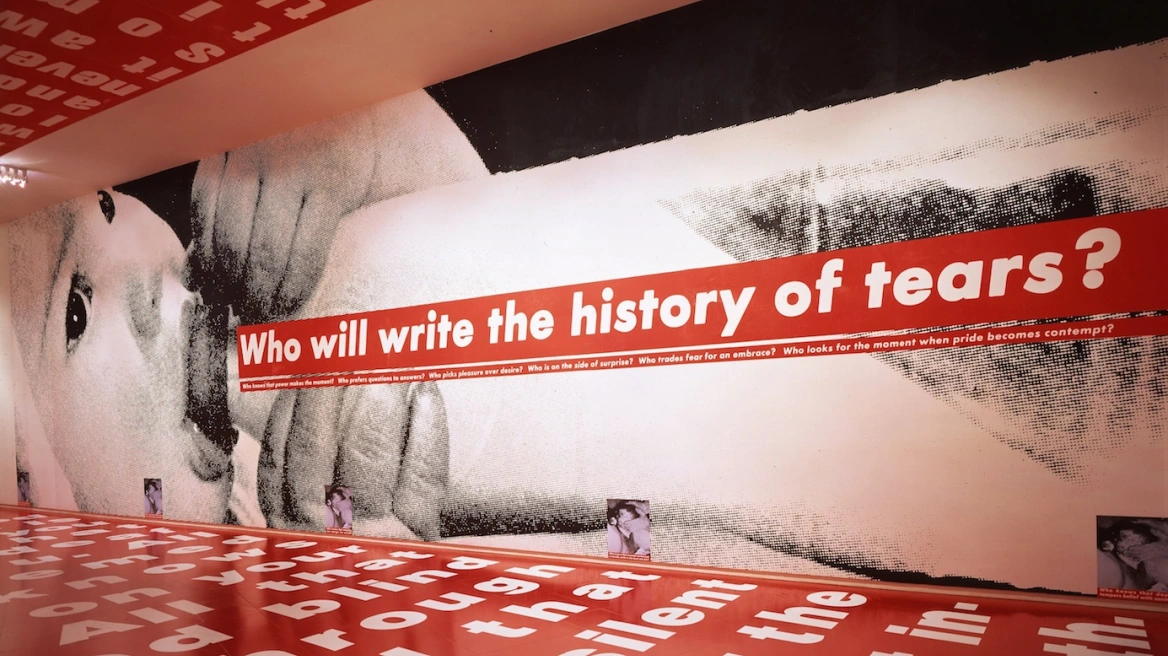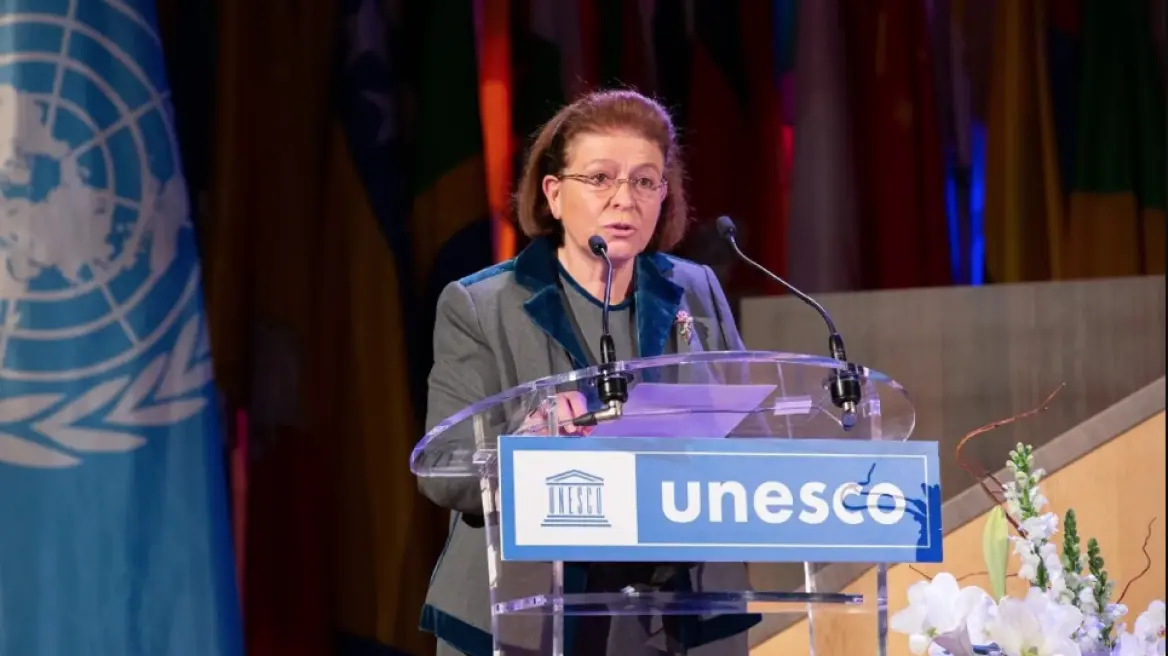The hospitalisation – and death – at “Attikon” Hospital of 79-year-old Dimitris Kallianos, father of New Democracy MP Yiannis Kallianos, brought to the forefront the Intensive Care Units (ICUs), one of the most critical units of all hospitals. It’s a field where Greek healthcare professionals, nurses, and other staff such as physiotherapists, consistently battle shortages, infrastructure limitations and their boundaries.
Regarding the ICUs in Greece they could be divided into two periods, before and after the COVID-19 pandemic. One of the positive aspects of the pandemic is that it significantly strengthened the number of ICU beds and equipment, with the National Health System (NHS) almost doubling the available beds. In 2019, there were only 557 ICU beds in operation, and today there are 928. These include those in military hospitals but not paediatric ICUs or those in the private sector. However, 865 beds in the ICU operate – meaning approximately 60 are not in use. In contrast to the development of their infrastructure, ICUs significantly lag behind in terms of human resources, despite hiring mainly auxiliary nurses and providing them with incentives.
Ask me anything
Explore related questions





